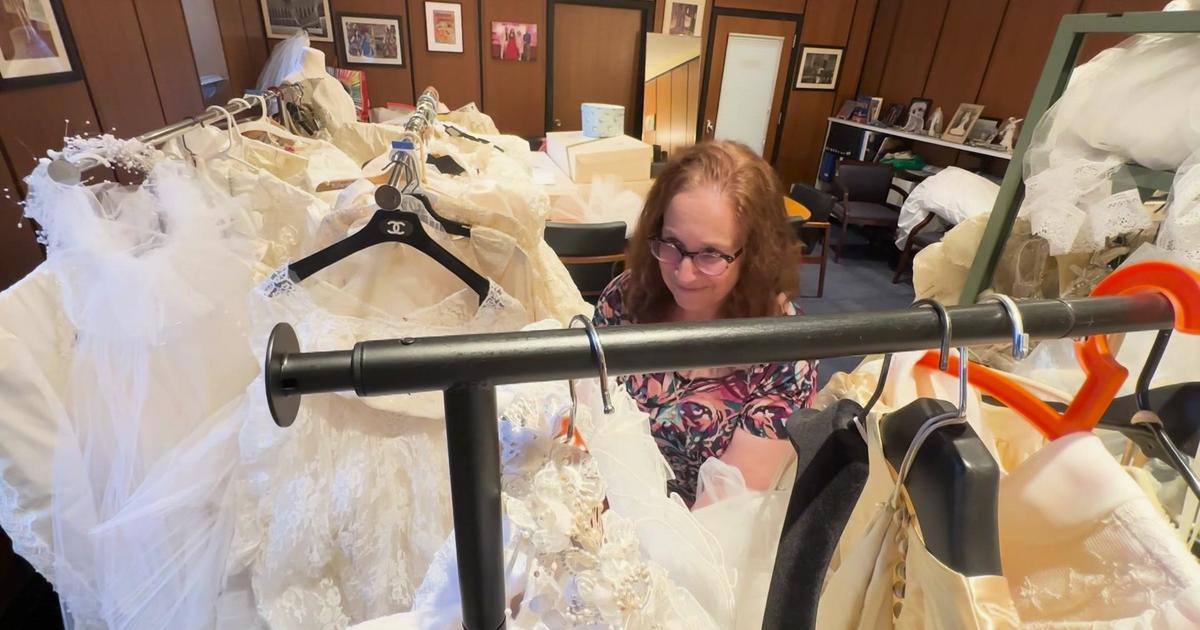Longtime New York Times Editor, Critic Arthur Gelb Dies At 90
NEW YORK (CBSNewYork/AP) -- Veteran editor Arthur Gelb – whose news sense, arts sensibility and journalistic vigor sculpted The New York Times for decades -- died Tuesday at age 90.
Gelb died in New York, said Peter Clark, a spokesman for the Metropolitan Opera, where Gelb's son Peter Gelb is general manager. Clark didn't know the cause of his death, but Peter Gelb told the Times his father died of complications of a stroke.
Arthur Gelb joined the Times as a copy boy in 1944 and rose to become its managing editor, retiring in 1989. Along the way, he was an influential arts writer, a metropolitan editor who oversaw a famous expose of police corruption and a newsroom leader who helped create the now-familiar Sports Monday, Science Times and other daily sections, the newspaper said.
"Arthur Gelb was a powerful part of the Times for decades,'' publisher Arthur Sulzberger Jr. said in a statement. "He brought great energy and insight to our journalism.''
Just three days into his copy boy job, Gelb got editors' OK for a news outlet of his own: a weekly about the internal life of the newspaper, the Times said. He quickly got to know reporters and editors, and promotions followed.
When a B-52 bomber crashed into the Empire State Building in July 1945, Gelb reported from Bellevue Hospital. Nurses spoke openly with the young, inexperienced reporter and taught him "a journalistic virtue: naivete,'' he wrote later.
As an arts critic in the 1960s, Gelb "discovered stars in an expanding Off-Broadway universe," a New York Times obit said. He wrote about Woody Allen, Barbra Streisand, Dick Gregory, Lenny Bruce and others early in their careers.
Gelb was metropolitan editor for The Times from 1967 to 1978, leading coverage of a city wracked by anti-war protests, a municipal near-bankruptcy and police corruption. The Times' reporting on corruption allegations raised by Officer Frank Serpico led to the development of the Knapp Commission for investigating misconduct in 1970, and spurred reforms, the newspaper reported.
As metropolitan editor, he also played a major role in developing the newspaper's standalone sections such as SportsMonday, Science Times, Dining, Home, Weekend, and special Sunday magazines, the newspaper reported.
He also started or oversaw investigative reports on the Jewish heritage of an American Nazi, a suburban girl who was secretly a drug addict on the Lower East Side, and an ancient Greek vase that turned out to have been smuggled out of Italy and ended up on display at the Metropolitan Museum of Art, the New York Times obituary recalled.
Gelb became deputy managing editor in 1977 and managing editor in 1986. After retiring, he served as president of the Times' charitable foundation.
He and his wife, Barbara Gelb, also became experts on Nobel Prize-winning playwright Eugene O'Neill, writing books and helping write a documentary about him.
Arthur Neal Gelb was born in New York on Feb. 3, 1924. His parents, immigrants from what is now Ukraine, ran a dress shop.
You May Also Be Interested In These Stories:
(TM and © Copyright 2014 CBS Radio Inc. and its relevant subsidiaries. CBS RADIO and EYE Logo TM and Copyright 2014 CBS Broadcasting Inc. Used under license. All Rights Reserved. This material may not be published, broadcast, rewritten, or redistributed. The Associated Press contributed to this report.)



